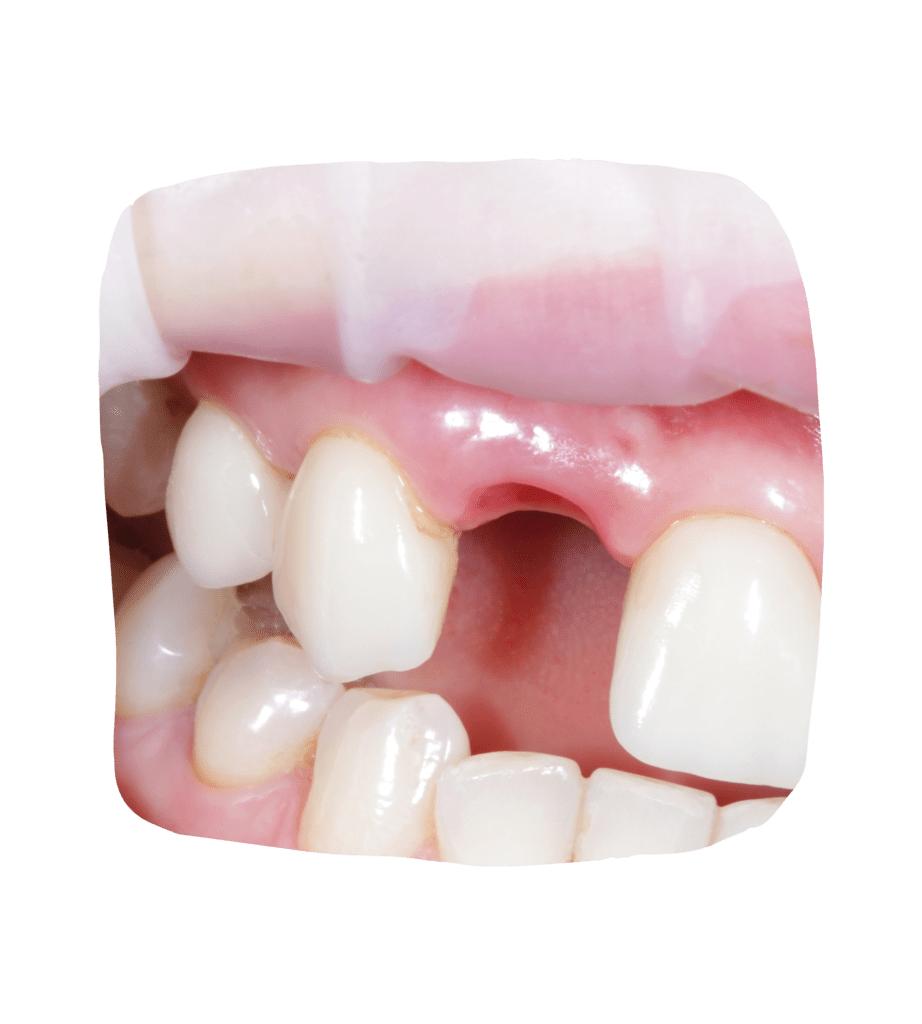
Dental Extraction

Tooth Removal & Healing: What You Should Know
Sometimes a tooth removal is necessary — whether it’s due to a cracked tooth, deep decay, or a badly broken tooth. If a tooth can’t be saved with a filling, crown, or root canal, the best option may be extraction.
The broken tooth extraction procedure is usually simple and done with local numbing to keep you comfortable. If the tooth is already cracked or in pieces, we carefully remove the fragments. After the tooth is out, we’ll place gauze to help stop the bleeding and start the healing.
After that, your mouth goes through different tooth extraction healing stages. Right after the procedure, the area will bleed a little — this is normal. A blood clot will form in the socket to start the healing process. It’s very important not to disturb this clot. If it comes loose, you can develop a painful condition called a dry socket. This slows healing and may cause strong pain in your jaw or ear.
Over the next few days, swelling and soreness should slowly go down. Keep the area clean and avoid hard foods. We’ll give you clear instructions to follow, and if anything seems wrong — like swelling that gets worse, bad taste, or signs of infection — give us a call right away.
Extraction healing takes about 1 to 2 weeks for most people, depending on your body and the tooth’s location. It’s normal to feel tender during this time, but it should improve daily.
We’re here to make sure the removal and healing process goes as smoothly as possible, with real guidance you can trust.
Same-Day Emergency Dental Services
A same-day emergency dental service is designed to provide immediate care and relief for patients experiencing urgent dental issues. We are proud to offer mouth extraction and prompt care to any patients experiencing dental discomfort.
FAQs
How long does it take to recover from a dental extraction?
Recovery typically takes about one to two weeks, depending on the complexity of the procedure. Tooth extraction healing stages include clot formation, tissue repair, and bone healing over several months.
Is a dental extraction painful?
The procedure itself is not painful due to anesthesia, but mild discomfort may occur afterward. Pain can be managed with prescribed medications and proper care.
What is the most difficult tooth to extract?
The third molars, or wisdom teeth, are often the most challenging to remove due to their location and potential impaction, sometimes requiring oral surgery for extraction.
Do and don’ts after tooth extraction?
Do: Rest, keep the area clean, and follow your dentist’s instructions.
Don’t: Smoke, drink through a straw, or eat hard foods, as these can slow healing and cause complications.
